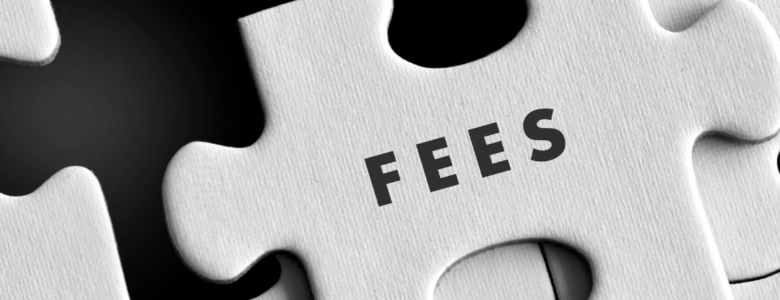Origination fees are a critical aspect of reverse mortgages that can impact the overall cost of the loan. In this article, we’ll delve into what you should anticipate paying in origination fees when considering a reverse mortgage.
Understanding Origination Fees
Origination fees are charges that lenders impose for processing and originating a loan. In the context of reverse mortgages, these fees cover administrative costs, underwriting, and other services related to setting up the loan.
Variability in Fees
The specific origination fee amount can vary widely among lenders and the type of reverse mortgage. Generally, origination fees are based on a percentage of the home’s appraised value or the lending limit set by the Federal Housing Administration (FHA).
Average Range of Origination Fees
As of my last update in September 2021, origination fees for reverse mortgages typically range from 0.5% to 2% of the loan amount. However, these figures can change over time, so it’s essential to research the most current information from reputable sources or lenders.
Cost Implications
Origination fees, along with other associated fees like closing costs and mortgage insurance premiums, contribute to the overall expense of the reverse mortgage. It’s crucial to consider these costs when assessing the benefits and drawbacks of a reverse mortgage.
Exploring Options
When considering a reverse mortgage, it’s wise to compare origination fees among different lenders. Additionally, some lenders offer the option to include origination fees in the loan, allowing you to finance these costs instead of paying them upfront.








